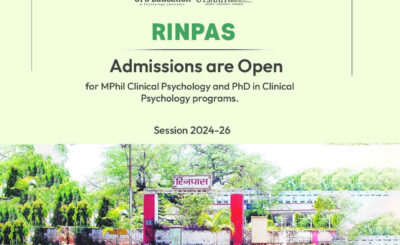![]()
Natural phenomena play a central role in understanding the natural world by promoting and developing their reasoning beyond simple observation of events. Children vary from one phenomenological situation to another. Preschools are very important in the initial development of a child’s life. Noble(1975) has analyzed children’s experiences of films in terms of the theories of Piaget. He claims that preschool children, who are at the preoperational stage, experience films as a series of separate and fragmentary incidents and not as a continuous story. This is because they lack the ability to reverse operations and hence cannot comprehend concepts such as beginning, middle, and end. Casual explanation generated by children about a variety of natural phenomena have been extensively studied in the context of the development of children reasoning by Piaget, according to whom:
- Extended play with constructional toys.
- Enjoy 6+ pieces formboard and simple Jigsaw Puzzles.
- They can visualize shapes in different positions and learn to describe the direction, distance, and location of objects in space.
- Communicating about their ideas. Ability to use the imagination to invent something new or to generate new ideas.
- Giving suggestion and strategies for solving a normal puzzle.
- Understand the principle of counting.
- Ability to distinguish fantasy from reality.
[youtube http://www.youtube.com/watch?v=LSugDucRjps&w=420&h=315]// // Changes in above pattern with some following acute changes show some hint to something happening in child life that is not usual. The intense anxiety and fear that often follow a disaster can be especially troubling for surviving children, especially if other children were victims of the disaster. They show some unusual pattern of reasoning. Some may demonstrate younger behaviors such as thumb sucking or bed-wetting. Children may be more prone to having nightmares and the fear of sleeping alone. Performance in normal reasoning may suffer. Other changes in behavior patterns may include throwing tantrums more frequently, or withdrawing and becoming more solitary (Ms. Surabhika Maheshwari, Dr. Cherian Varghese, Dr. Kavita Venkataraman, Dr. Vijaya Chandra; WHO).
There are several things parents, others who care for children and you as a volunteer can do to help reduce the emotional consequences of trauma, WHO also admire the following:
- Ensure the child is safe and is being looked after by a caring and responsible adult.
- As far as possible, do not institutionalize or adopt the child out.
- Be sensitive to knowing that a child often finds a toy or object or photograph comforting and that they may choose to wear or carry it around with them constantly.
- Ensure regular monitoring of children who have been orphaned; check where they sleep; what their activities have been during the day and whether they feel safe.
- Provide resources for children to play with, to occupy themselves or to express themselves through.
- Arrange informal gatherings for children at places close-by to their families or new home bases so that children have the opportunity to play and talk together.
- Listen to children’s stories. Often children are more comfortable expressing their feelings and experiences through make-believe stories or using objects.
- Encourage young people to take up a useful role of their choice to help in the healing process.









